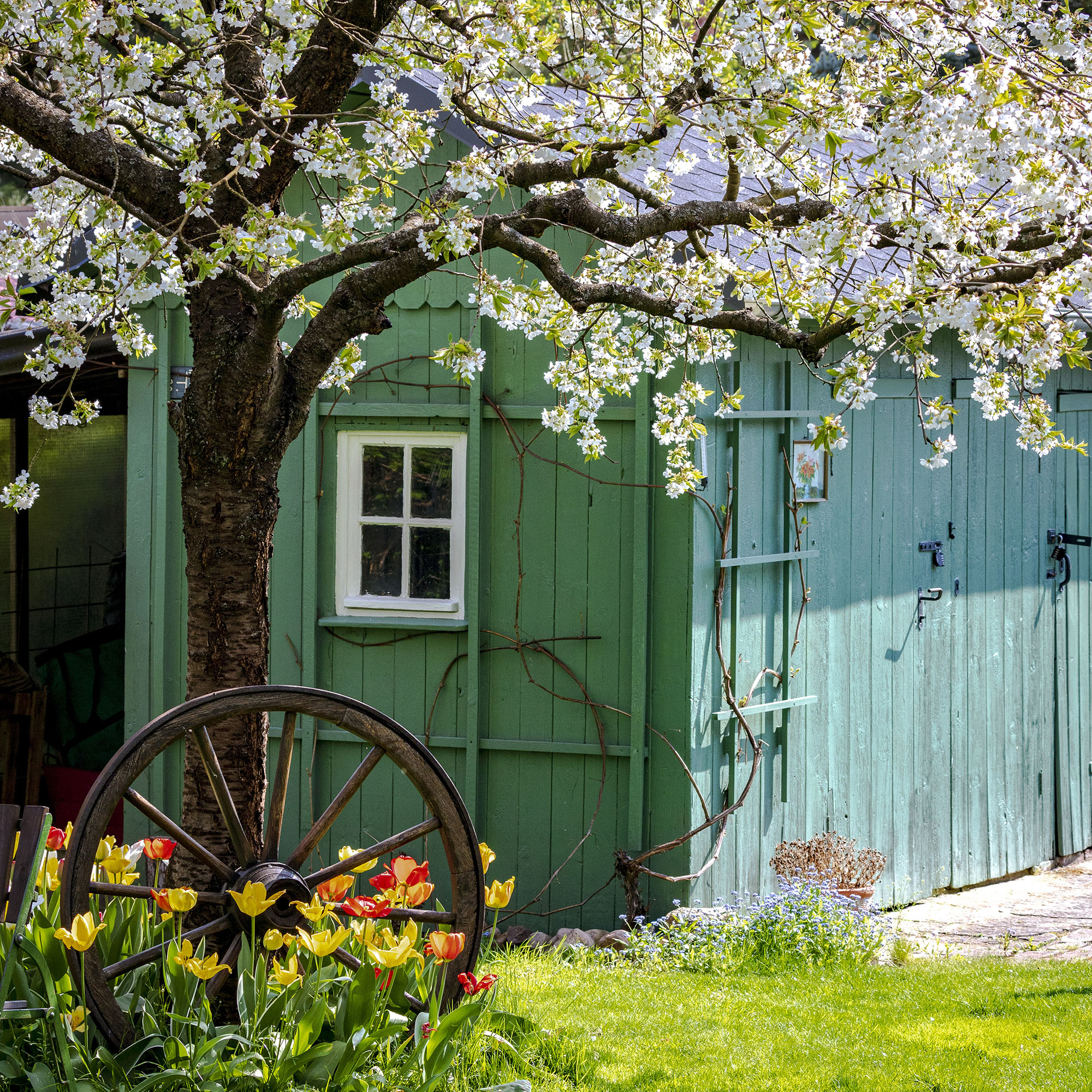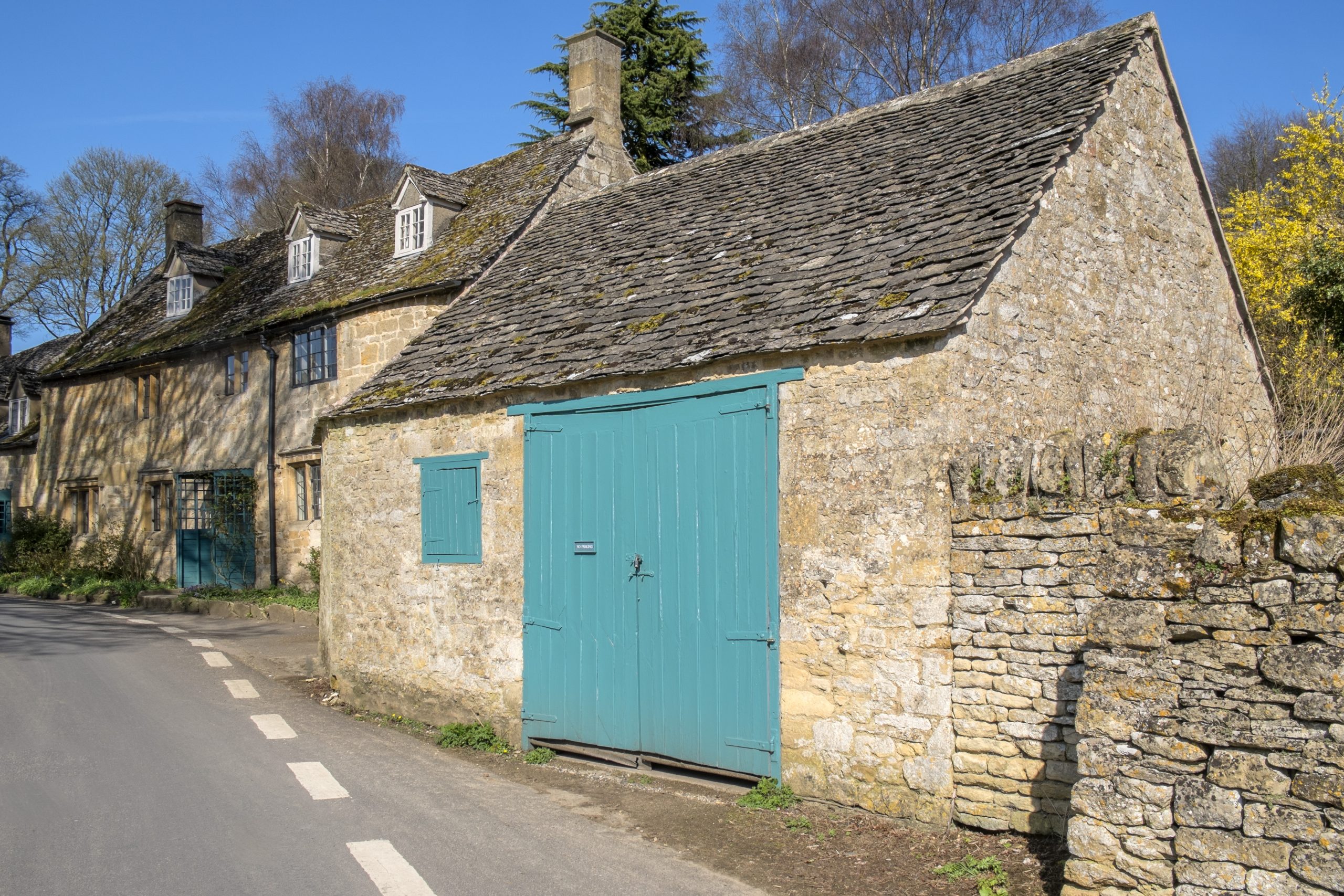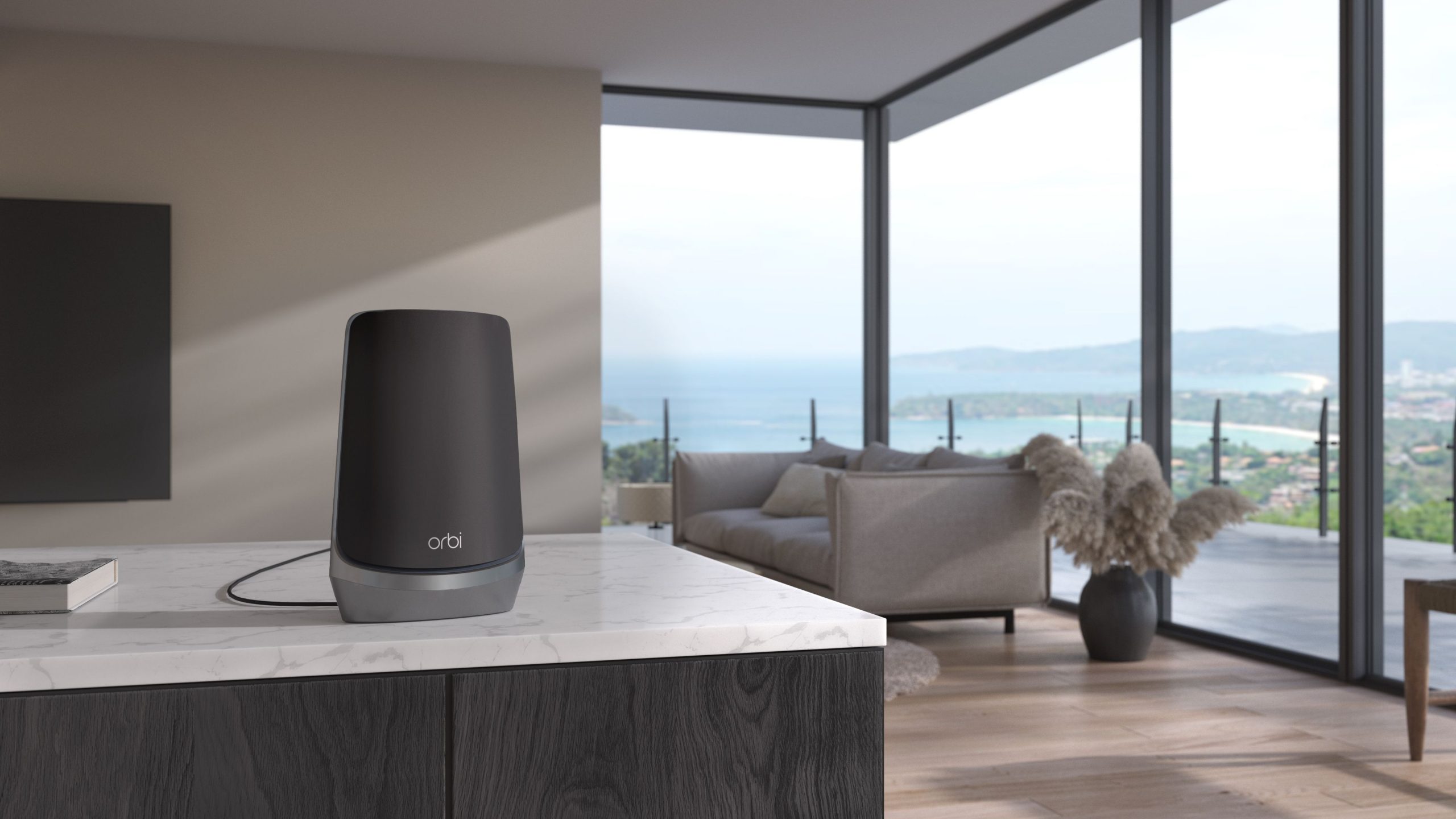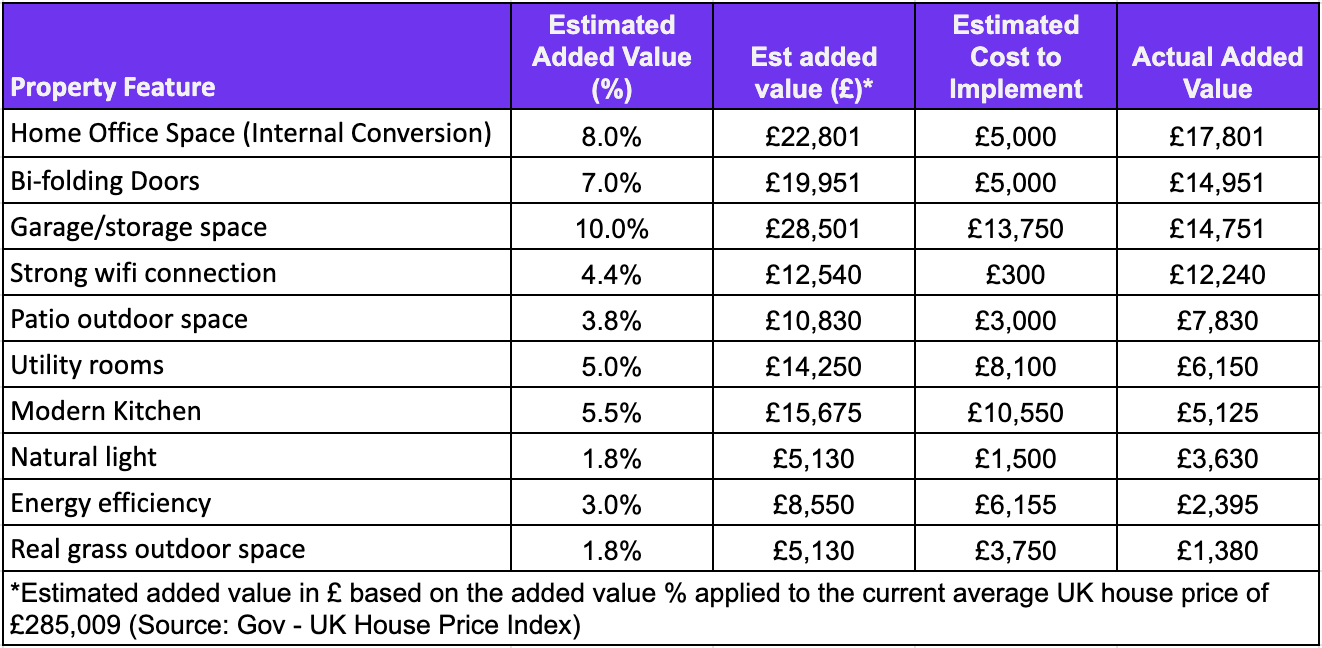
Stagnant wages, spiralling prices and the ever-changing mortgage lending situation have taken the wind out of the property market in the past year or so, following several years of enormous growth.
Earlier this month the Halifax reported its fourth consecutive monthly drop, while just this week shares in house builders took a tumble — something which has, in the past, foreshadowed serious drops.
How big will that drop be? We've seen estimates of anything between 5% and 30%, but so far it's been a gentle fall rather than a flood, prompting this column to look at the chances of the almost-mythical soft landing for house prices. The modest falls seen so far are still a blip compared to the huge rise in the preceding three or four years, but an analysis published this week looking at inflation-adjusted drops in house prices suggests that, in real terms, we've already seen a 9.4% drop in property values.
For those who can afford to sit tight, especially those with no need to remortgage just yet, there isn't much to worry about. And for first-time buyers, there's reason to be positive: in 2022, housing affordability (measured in the salary multiple needed to buy a house) was at its worst since Queen Victoria was on the throne.
What do you do, though, if you need to sell up, for family, work or personal reasons? Maximising the value of your house is clearly key, and research from a company called Wayhome put together a list of the top 10 things that increase desirability, and therefore how much a seller can ask.
Some — such as natural light, a garage or a proper garden — are things that you either have or don't have.

Others, though, are a little easier to do something about. Having a patio nicely laid (or re-laid) can add 3.8% to the value of your house, for example; a swish kitchen adds 5.5%; and having a proper home office space 8%. The cost of such changes can be considerable, but adding 8% in value to a £500k house ought to net far more than the £10k-£20k cost of having a home office erected in the garden, for example.
Exquisite houses, the beauty of Nature, and how to get the most from your life, straight to your inbox.
There's one thing, though, which tops the list of value: a super-fast internet connection and top-end WiFi in the house. Wayhome's figures — which are based on a survey of over 2,500 UK first-time buyers — suggest this can add 4.4% to your home's value. Even many rural areas are now being connected to decent fibre broadband. And as a primarily remote worker in a semi-rural area on the edge of the South Downs, I was pleasantly surprised that full fibre came down our street a few months ago. We now have a 500MB fibre connection that's literally 50 times quicker than the old broadband it replaced.
That's not enough on its own to really make the most of it, though. BT's standard router is great if you stand right next to it, but otherwise struggles to sustain even a fifth of that full speed by the time you're on the other side of the house. So I borrowed a top-of-the-range (and eyewateringly expensive) Netgear Orbi 960 mesh system, described by our colleagues over at PC Pro as a 'phenomenal piece of hardware' which 'sets the gold standard' for replacement routers.

It consists of a home base unit plus two 'satellites' to be placed around the house to beam the signal through walls, and (in my cases) down to the converted shed at the bottom of the garden from which I work. The satellites and main unit create a 'mesh' of WiFi as you walk through, just as you'd expect in a modern office where you can wander around and keep your connection.
It uses the very latest 6E WiFi standard — which sounds great, until you realise that very few of the things in your house will support it (only my wife's phone, a Google Pixel 7, managed to do so). That said, even with the rest of the various laptops, tablets and Alexas in the house it was still far, far better than what it replaced (just as you'd bloomin' well hope for £1,700); and in my office, a good 30m or 40m from the main router, I still saw speeds of about 300MB/s. That compares to about 80MB/s using the plug-in powerline connectors that I normally rely on.
What difference does this make in real world use? Well, you'd never notice it for scrolling through Instagram or watching BBC iPlayer, but for downloading and uploading the large files I use all the time with the job, it's a huge boon. So much so, in fact, that you can start to see why people pay 4.4% more for a house that can boast genuinely super-fast internet throughout. I'd imagine that being able to show that off to a potential buyer of your house could be a powerful tool indeed.
The Netgear Orbi 960 might be the 'gold standard' of this sort of thing, but so of course is its price (and they're also hugely cheeky in then charging extra for their upgraded 'Armor' security software, for those that want it). Other options such as the TP-Link XE75 use the same Wifi 6E standard and cost far less at about £00 or £400, and are similarly well-reviewed by our techie PC Pro colleagues. Also, as ever with these things, it won't be too long before this bleeding-edge technology becomes standard. Until it does, though, anyone thinking — or needing — to sell their house might well be advised to consider splashing out on upgrading their internet. It might just pay off many times over.

Toby Keel is Country Life's Digital Director, and has been running the website and social media channels since 2016. A former sports journalist, he writes about property, cars, lifestyle, travel, nature.


